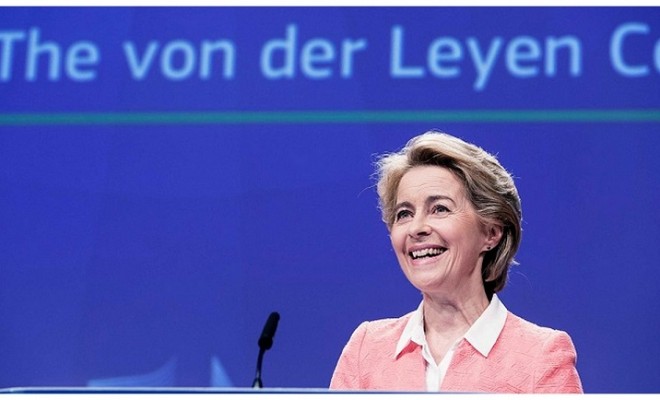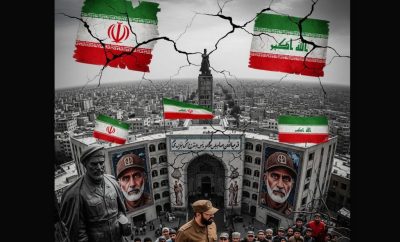
In search of an EU foreign policy
The year is young, but already the new European Commission President, Ursula von der Leyen, has faced several challenges to her ambition to head a “geopolitical” administration.
The EU’s response to events in Iran has fallen short of the Commission’s commitment to be more involved and responsive to international events and crises. Despite von der Leyen’s statements and the declarations of the new EU High Representative for Foreign Affairs, Josep Borell, it has become apparent that the EU has no role to play in neither in Iran nor Libya.
It was another case of the classic dilemma of the EU’s ‘capability-expectations’ gap, a term coined in the 1990s to describe Brussels’ inability to deal with crises in its neighbourhood (specifically the wars in the Balkans) and beyond.
There have been many efforts to get around this issue and have a more cohesive and coherent foreign policy, including treaty reforms, the creation of the European External Action Service (EEAS) and the post of High Representative. The truth is, however, that this dilemma will remain as long as EU27 capitals are reluctant to give Brussels more power in this area – and the new Commission will not be able to do much about it.
To fulfill the ambitions of those in Brussels, Paris and other capitals for a more coherent EU-wide foreign policy, there are a number of questions and challenges that member states will need to find agreement on.
Συνέχεια ανάγνωσης εδώ




